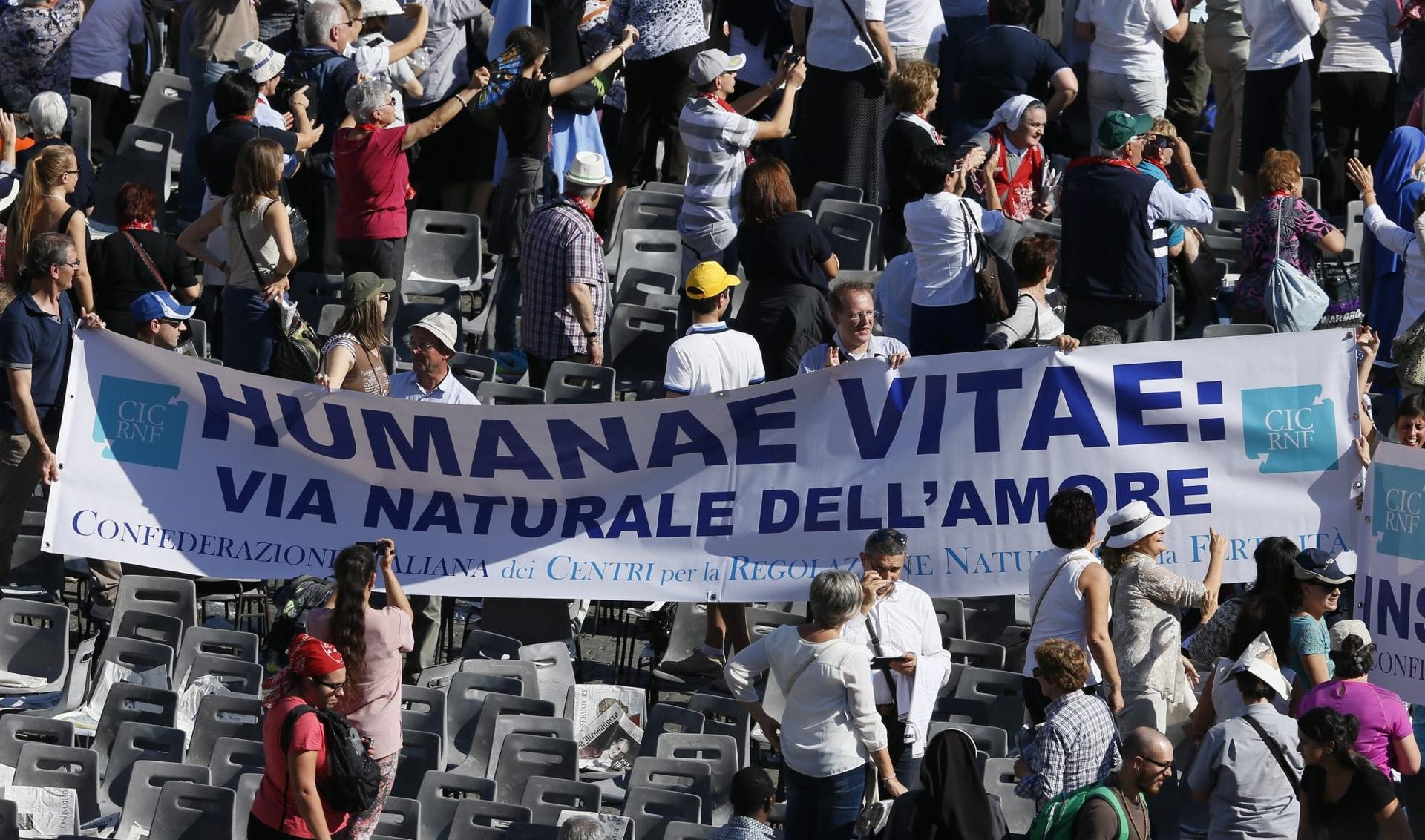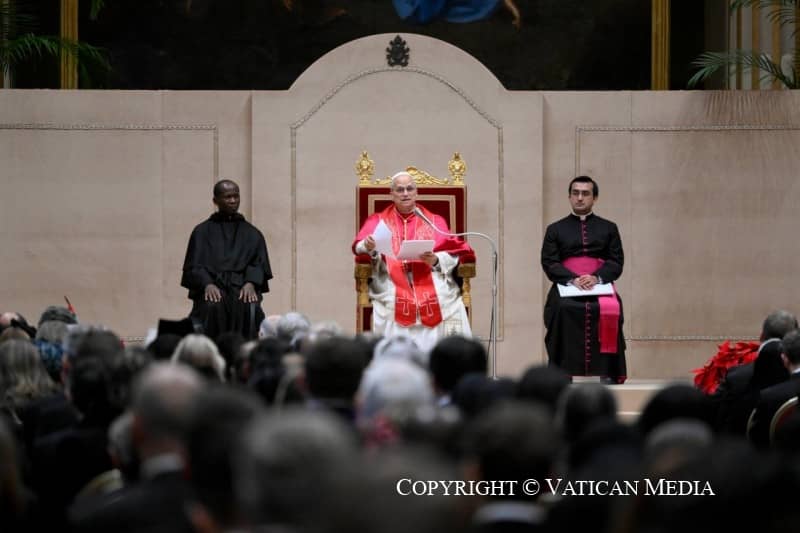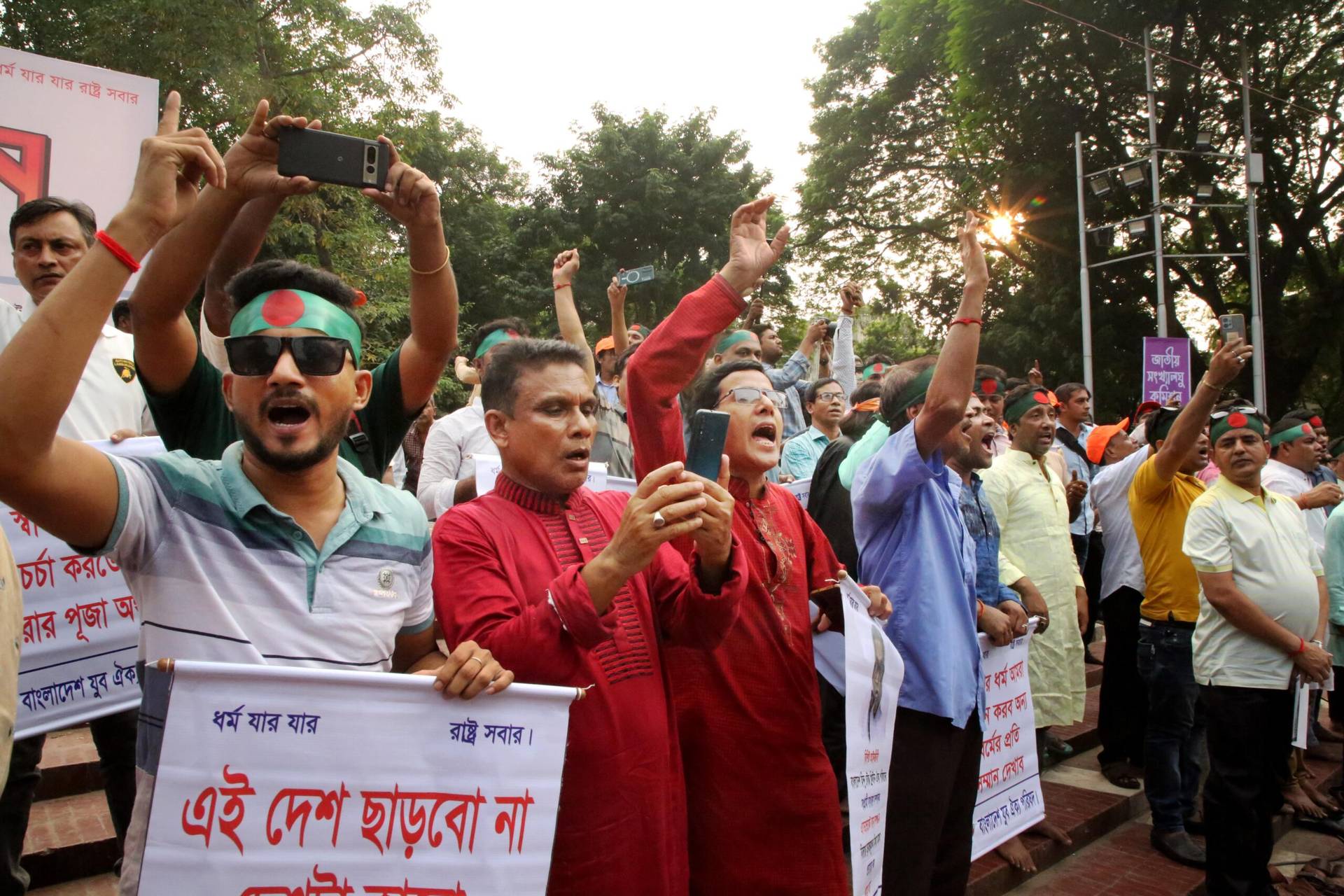LOS ANGELES – With the passing of Germain Grisez on Thursday, Catholicism has lost not only one of the most original theologians and ethicists of the last half-century, but one of the towering protagonists in what might be called the Church’s “wars of culture” over that span of time.
Through the prism of his reworking of Thomas Aquinas’s take on natural law theory, Grisez became one of the most outspoken and forceful defenders of traditional views on contested matters in sexual morality, such as birth control and abortion. The ongoing relevance of both of those debates is reflected in new ferment that surrounds each, although admittedly cutting in somewhat different directions.
In this 50th anniversary year of Humanae Vitae, Pope Paul VI’s bombshell 1968 encyclical upholding the traditional Catholic ban on artificial birth control, there are clear signs the Catholic right fears Pope Francis is on the brink of eviscerating that teaching from the inside out.
Earlier this week, the respected longtime Italian Vatican writer Sandro Magister published a piece titled “Goodbye, Humanae Vitae,” which argues that the encyclical is being subjected to a “radical reinterpretation” under Francis, a “paradigm shift,” in which its teaching is no longer really absolute, because the message is that there are situations in which a path of discernment might legitimately lead a couple to make a different choice.
Among other bits of data, Magister cites the fact that an Italian theologian recently appointed by Francis to the Pontifical Academy for Life, Father Maurizio Chiodi, was given a platform to speak at a conference at the Jesuit-run Gregorian University in Rome, and that his position was commented on positively by Avvenire, the official newspaper of the Italian bishops’ conference.
In a nutshell, Chiodi holds that natural family planning is not the only option for couples wishing to practice responsible procreation, and that “technology,” meaning artificial contraception, can sometimes be licit, even “required.”
Behind it all, Magister and others wary of where the pope is going, cite a March 2014 interview with Corriere della Sera, in which he said: “Everything depends on how Humanae Vitae is interpreted … The question is not that of changing doctrine, but of digging deep and making sure that pastoral care takes into account situations and what it is possible for persons to do.”
The fear, in other words, is that Francis will leave Humanae Vitae on the books while treating it with a nod and a wink at the retail level.
Some skeptics might see this as part of a growing tendency in quarters of the Catholic right, whenever Francis says or does anything that appears ambiguous, to interpret it immediately in the worst possible light from their point of view. Others might say that even if what Magister speculates is true, how is that much different from what has been the de facto pastoral practice in many parts of the world for a long time?
In any event, the new ferment injects a note of drama into this anniversary year, in which Francis almost certainly will make a major statement on Humanae Vitae at some point along the line. (One obvious window is July 25, the encyclical’s actual anniversary date.)
On the abortion front, meanwhile, the ferment arises not from hints of new division but rather of surprising consensus.
First, there are indications that millennials in America may be more receptive to the pro-life argument than other age groups. A recent Quinnipiac poll, for instance, found that 49 percent of people in the 18-34 age range support a ban on late-term abortions, the strongest level of support for any age group other than 35 to 49-year-olds. Millennials were among the loudest voices protesting after a recent Senate vote failed to ban abortions after 20 weeks – a vote, by the way, in which 14 Catholic senators voted against the ban, eliciting outrage in Catholic pro-life circles.
In addition, there’s the Marist College poll on American attitudes towards abortion, sponsored by the Knights of Columbus (a principal partner of Crux) since 2008. For a decade now, the poll has shown a growing consensus on abortion policy beyond the simplistic “yes” or “no” framing the issue typically receives.
About three-quarters of Americans, according to the Marist findings, support strong limits on abortion, including restricting it to the first three months of pregnancy, including strong majorities of both Democrats and Republicans. Even sixty percent of those Americans who identify as “pro-choice” support substantial limits on the procedure.
All that, should political operatives wish to exploit it, would seem to provide a fairly strong basis for common ground, despite the continuing polarization on the broader question of whether abortion should be legally tolerated in the first place.
Taken together, the ferment on both birth control and abortion in this 50th year since Humanae Vitae suggest that the issues that it raised – and, for that matter, the issues that have dominated Catholic moral theology ever since Vatican II – remain alive and well, albeit in different guises and with different contours.













